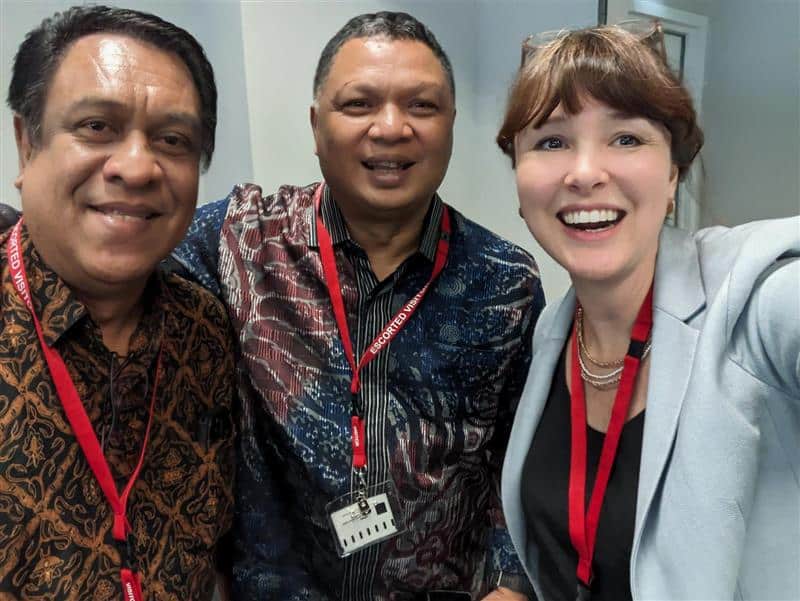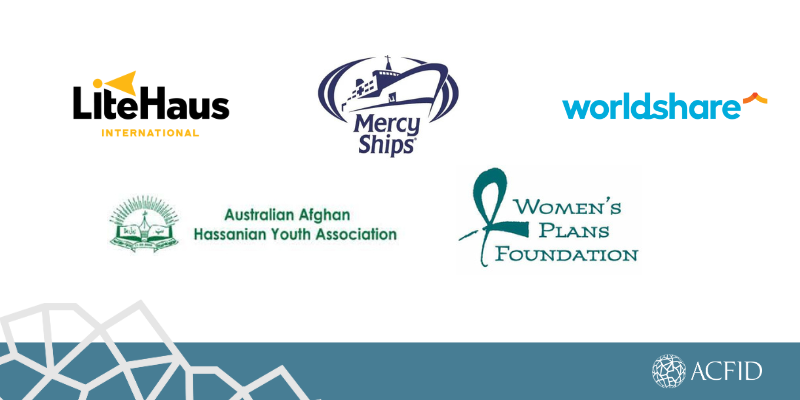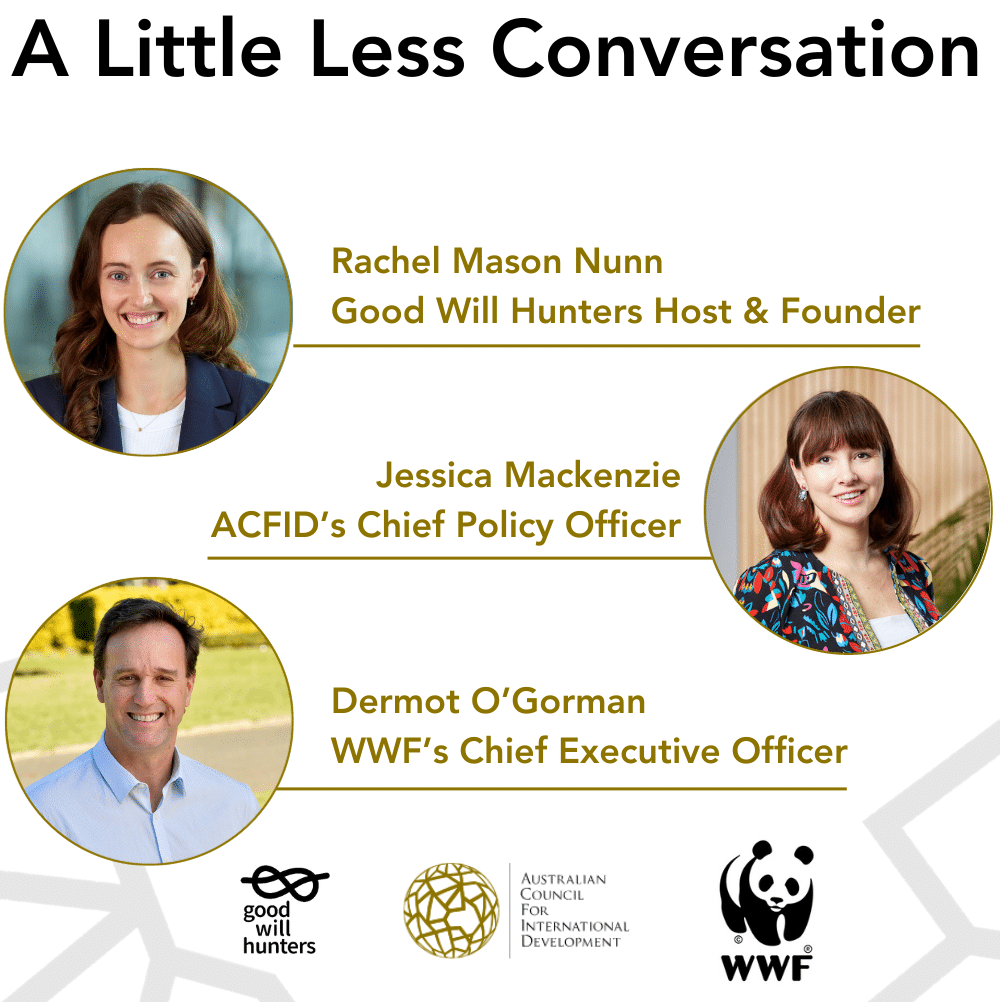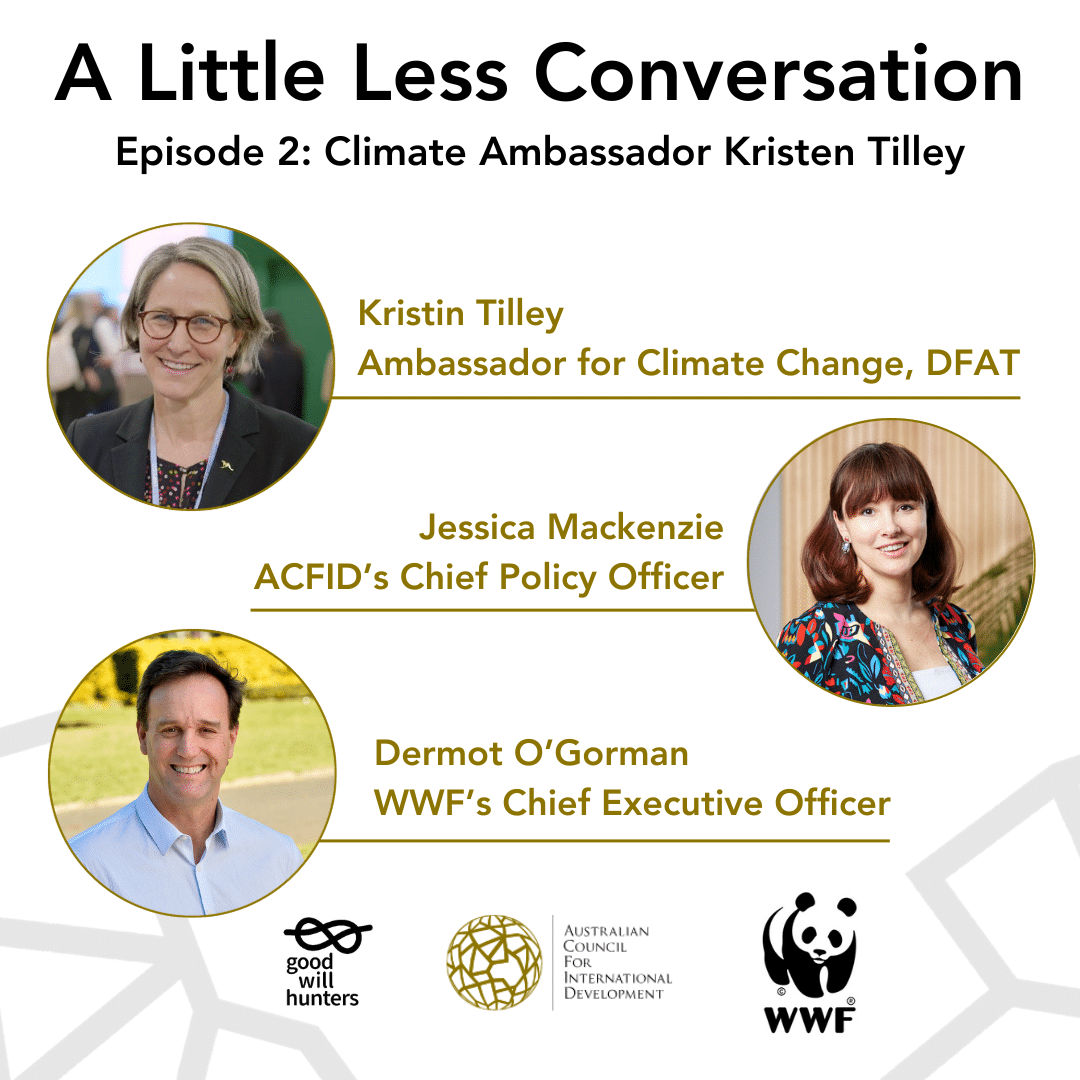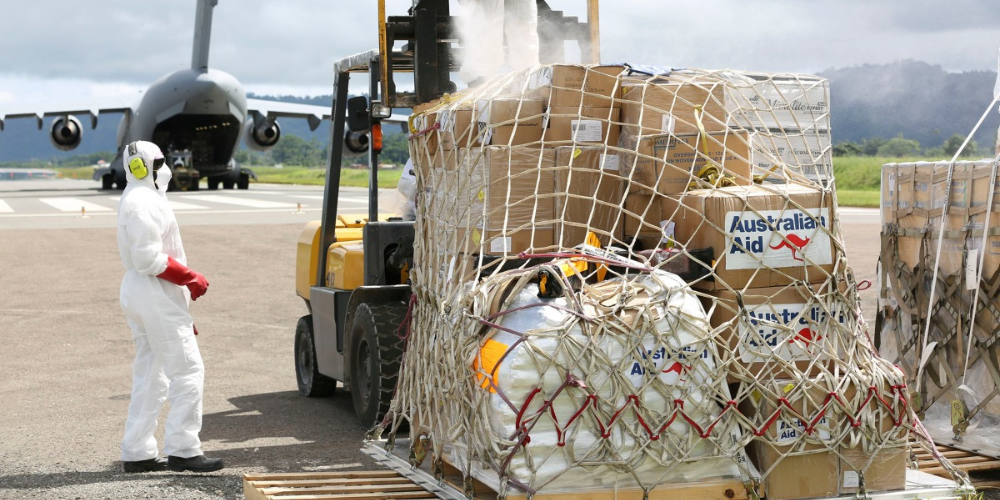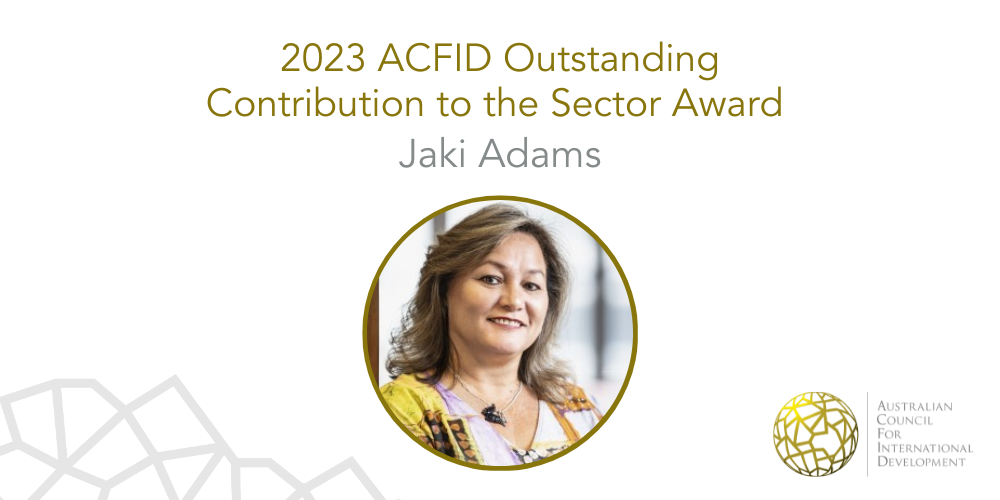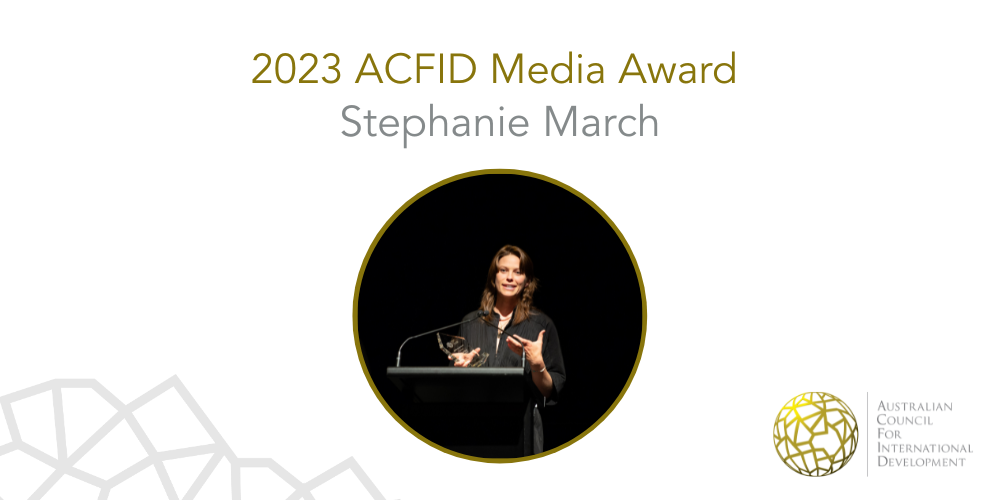The Impact of Our Members
Statistics from 2021-2022
Code of Conduct
The ACFID Code of Conduct is a voluntary, self-regulatory industry code of good practice. The aim of the Code is to improve the outcomes of international development and increase stakeholder trust by enhancing the transparency and accountability of signatory organisations.
Sector Jobs
Jun 10, 2024
Jun 9, 2024
Jun 30, 2024

The ACFID Secretariat respectfully acknowledges the traditional custodians of the lands on which we
are based, the Ngunnawal and Ngambri people in Canberra.
We extend this acknowledgement to the Traditional Custodians of the lands across Australia, and pay
our respect to their Elders, both past and present.
We acknowledge their ongoing connection to the lands, waters, and skies surrounding us, and the
vast wealth of knowledge that they hold.
Corporate Partners

Strategic Partners






